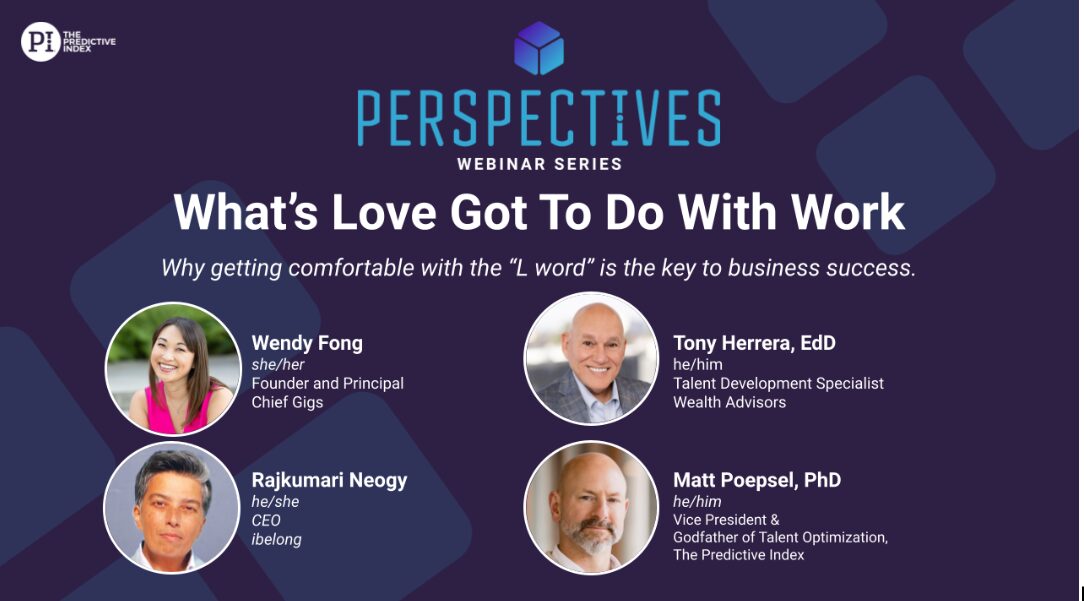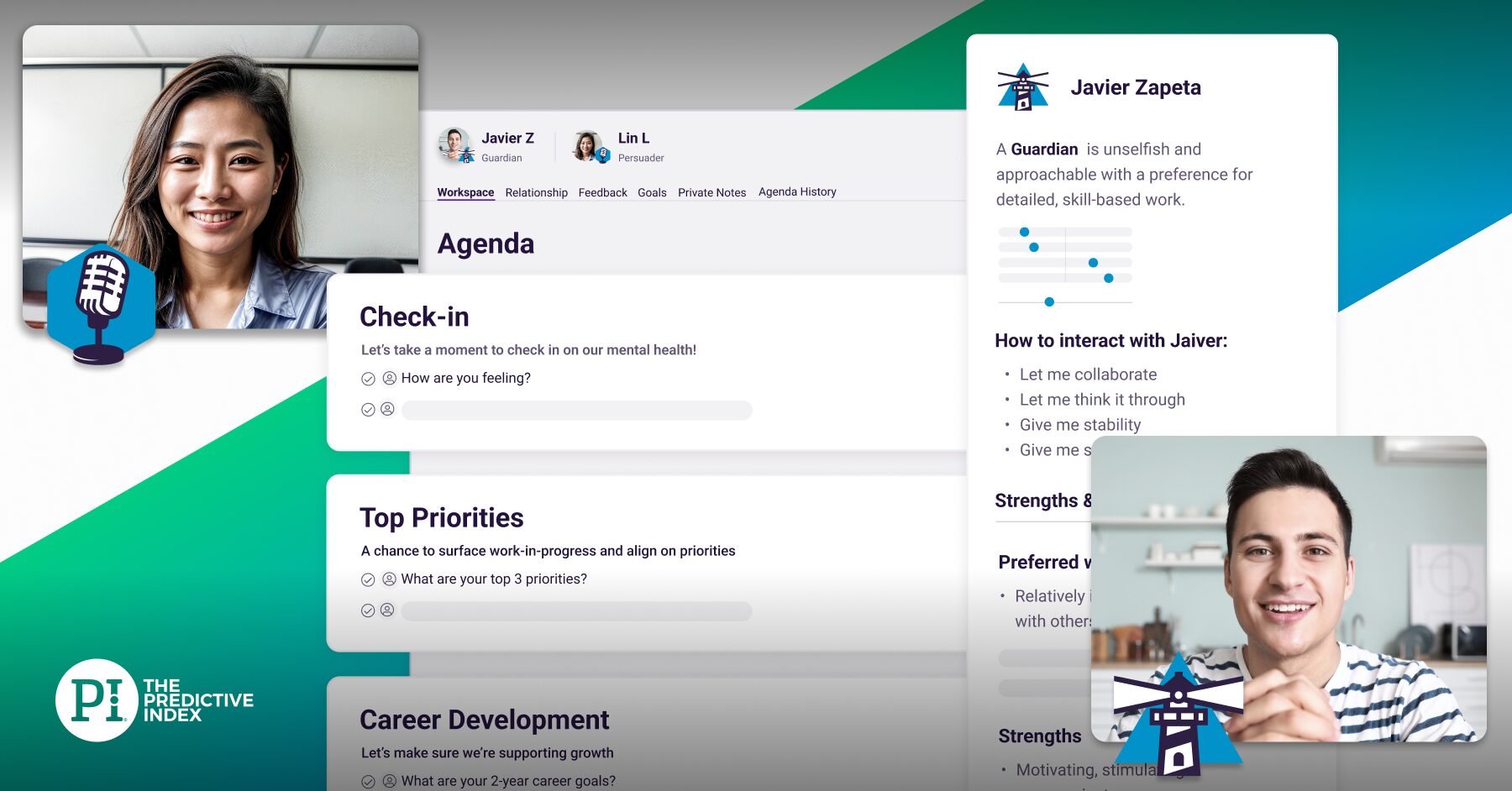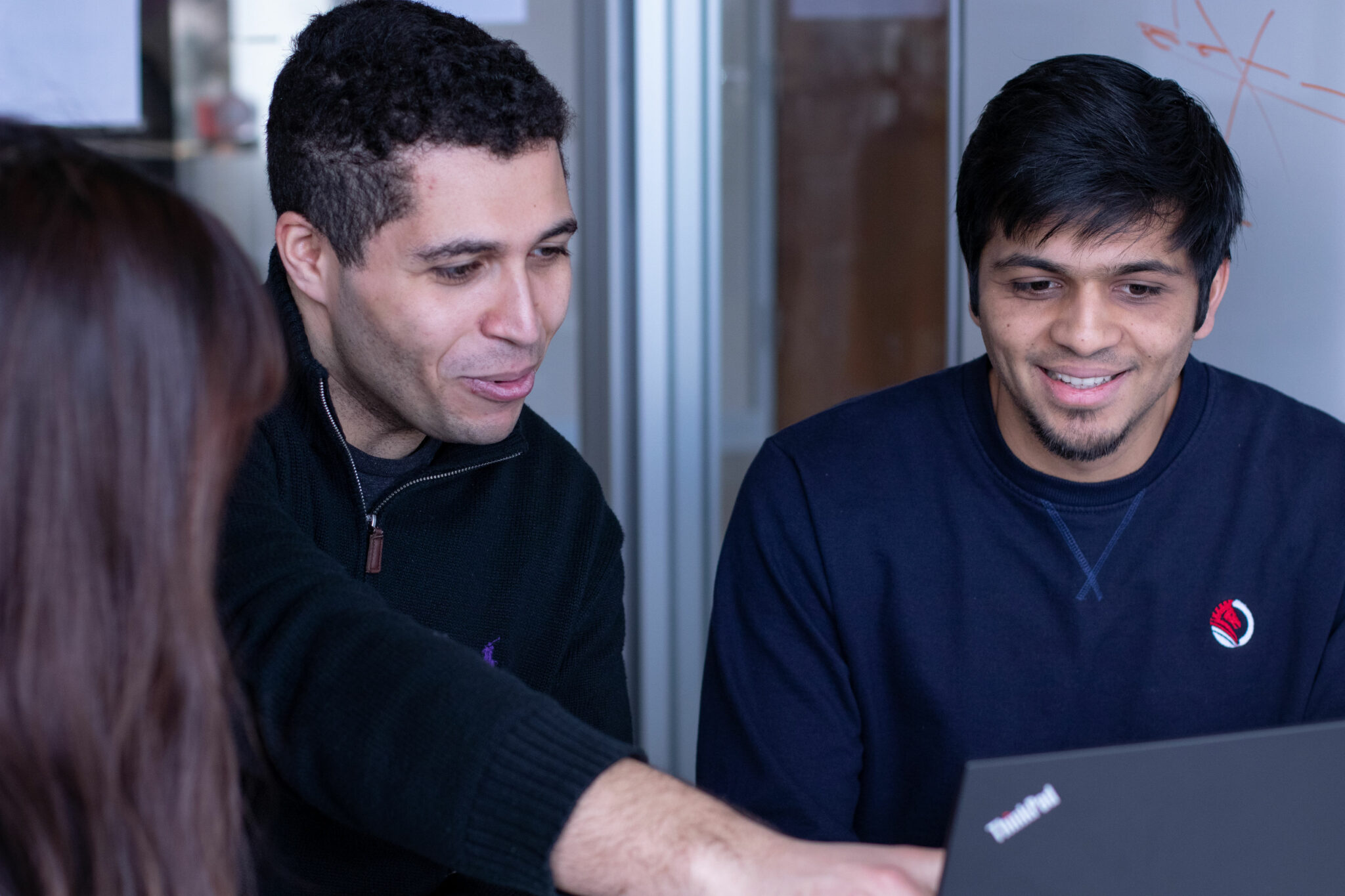By Matt Poepsel, PhD
Emotional intelligence, or EQ, has become a pretty hot topic in the business world over the past few years. It’s now fairly common for publications to offer guidance and tips on how to measure this quality in order to identify the ideal candidate. Entrepreneur, for example, recently published an article on how to find employees that fit with your company culture, and proposed seven questions you can ask during an interview in order to identify applicants with “stellar” emotional intelligence. While initially intrigued, as I read through the piece, I found the list of questions to be somewhat problematic, falling into the anecdotal and unstructured interview camp.
Consider this one:
Q. What skill or expertise do you feel like you’re still missing?
Curiosity and the desire to learn are vital signs that a prospective employee wants to get better at something. “People who struggle with this question are the people who think they already know it all…. These are the people you want to steer away from.”
Is this really a valid interview item and conclusion? The counsel to “steer away” from a candidate based solely on this response seems reckless. In my opinion, there is way too much room with these types of questions for bias and interpretation in the subjective responses to these questions.
Don’t get me wrong. There are a lot of roles – especially leadership roles – where EQ is very important and even predictive of success. As is the case with nearly all social science research, however, it really just depends. I think these types of questions can be helpful in terms of getting a deeper personal understanding of an individual’s career arc and their relative fit with my company’s culture and my own management style, but interviewers are best served to consider these responses alongside other pre-hire measures and not in isolation.
Here at The Predictive Index, we have a fundamental appreciation and belief that every business is a people business. Our teams are very collaborative and comprised of people having a wide variety of personality types and working styles and, as such, a certain level of EQ helps everyone be cognizant of their own emotional experiences and those of others. We’re not afraid to “get under the hood” with our people. For us, EQ relates to both a level of self-awareness regarding inner emotional processes and experiences as well as the ability to constructively utilize emotions when working with others.
Instead of using a specific question or script to gauge a candidate’s emotional intelligence, I try to take on the mindset of wanting to understand the candidate’s story. Many candidates “skim the surface” during their interview responses by relaying only basic information that highlights their actions and outcomes at prior employment stops. I don’t know about you, but I wouldn’t want to read a book or watch a movie that played out like a grocery list, and I feel the same way about interviews. Like Paul Harvey, I’m interested in hearing the rest of the story.
I look at the interview as an opportunity to dive deeper into the surrounding narrative. Once I hear the initial (and often safe) response, I like to pose follow-up questions such as “How did your team feel about that decision?” or “How was that experience for you?” For me, these types of questions really paint the picture of a candidate and his or her working style while naturally inviting the inner workings and interpersonal substance that’s otherwise lacking. Once again, no single response is going to lead me to cast a candidate aside, but each helps me make as comprehensive a determination as possible.
Taking the time and opportunity to let candidates tell their personal stories offers us clues as to whether they may perform and thrive in our own work environment. Emotional intelligence is just one aspect of the overall selection decision – the more insight we can glean about a candidate by complementing our own tools, the more likely we will be to make the best hiring decision, accelerate the onboarding process, and know how best to develop our shiny new employee!
Learn more about how to conduct the perfect interview with our blog post, Five Ways Managers Screw Up Interviews.








